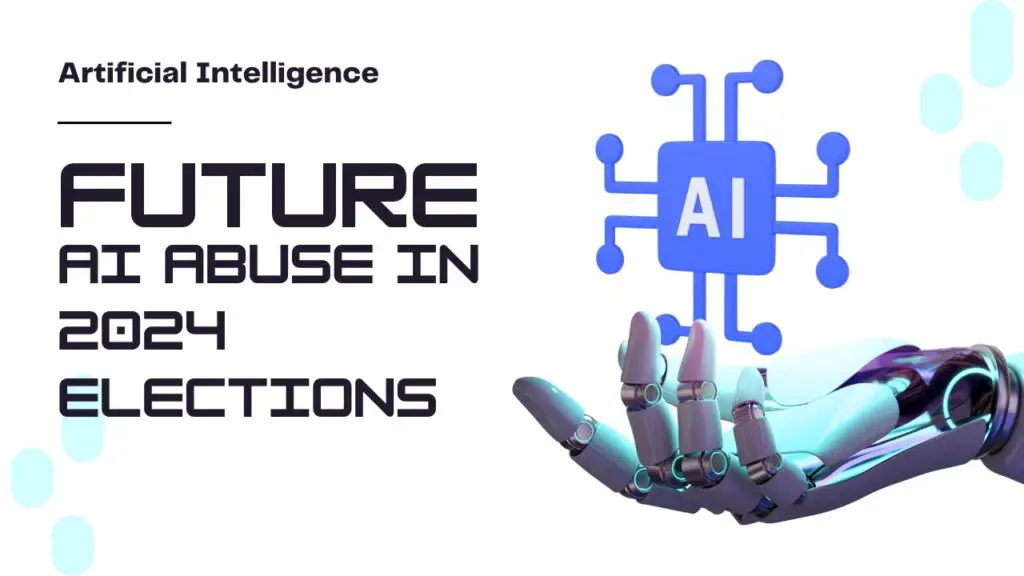20 of the top technology companies, including Adobe, Amazon, Google, IBM, Meta, Microsoft, OpenAI, TikTok, and X, have joined forces to combat deceptive AI content ahead of the 2024 global elections. This collaboration, known as the “Tech Accord to Combat Deceptive Use of AI in 2024 Elections,” aims to detect and counter harmful AI-generated content that could mislead voters in over 40 countries where more than four billion people are set to cast their votes.
During the Munich Security Conference (MSC), these leading tech companies made a commitment to work together to develop tools and technologies to identify and address deceptive AI content online. They also pledged to conduct educational campaigns, enhance transparency, and collaborate on efforts to combat the spread of harmful AI-generated content. In addition, the accord emphasizes the importance of tracing the origin of deceptive election-related content and raising public awareness about the issue.
The signatories of the Tech Accord include industry giants such as Adobe, Amazon, Google, IBM, Meta, Microsoft, OpenAI, TikTok, and X, among others. These companies have agreed to a set of specific commitments, such as implementing technology to mitigate risks associated with deceptive AI election content, detecting and addressing the distribution of such content on their platforms, fostering resilience across industries, and engaging with civil society organizations and academics to promote public awareness and media literacy.
According to Ambassador Christopher Heusgen, Chairman of the Munich Security Conference, elections are fundamental to democracies, and the Tech Accord plays a crucial role in upholding election integrity and societal resilience. Dana Rao, General Counsel and Chief Trust Officer at Adobe, highlighted the importance of transparency in building trust and emphasized the need for media literacy campaigns to help the public navigate online content.
Kent Walker, President of Global Affairs at Google, underscored the industry’s commitment to safeguarding election integrity and combating AI-generated misinformation. Christina Montgomery, Vice President and Chief Privacy & Trust Officer at IBM, reiterated the company’s dedication to ensuring safe, trustworthy, and ethical AI practices.
As society faces the challenges of deceptive AI content during critical election periods, Nick Clegg, President of Global Affairs at Meta, emphasized the collective effort required from industry, government, and civil society to protect people and societies from the amplified risks of AI-generated deceptive content. Brad Smith, Vice Chair and President of Microsoft, stressed the importance of preventing deception using AI and maintaining the integrity of elections.
OpenAI’s Vice President of Global Affairs, Anna Makanju, expressed the organization’s commitment to protecting election integrity and working in collaboration with industry partners, civil society leaders, and governments to safeguard elections from deceptive AI use. TikTok’s VP of Global Public Policy, Theo Bertram, highlighted the significance of industry collaboration in safeguarding communities against misleading AI content during important election periods.
In conclusion, Linda Yaccarino, CEO of X, emphasized the collective responsibility of citizens and companies to protect free and fair elections by understanding and combatting the risks posed by AI-generated content. X is dedicated to working with industry peers to combat AI threats, protect free speech, maximize transparency, and ensure the integrity of democratic processes.
Through the Tech Accord to Combat Deceptive Use of AI in 2024 Elections, these leading technology companies are taking proactive steps to address the challenges of deceptive AI content and safeguard the integrity of global elections.

